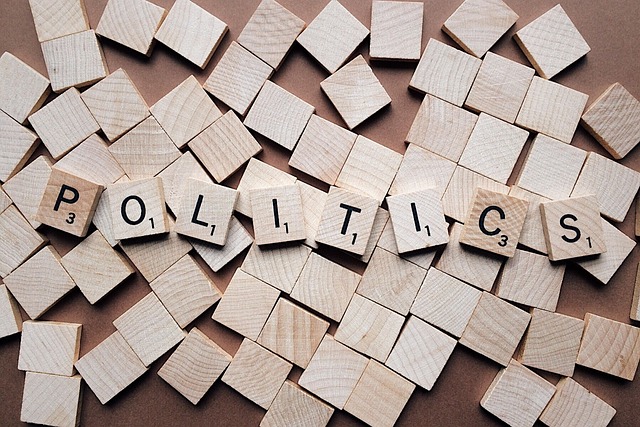Strategies for Preparing Candidates for High-Stakes Debates
betbook250 com, reddy anna book online, playlotus365 com:Preparing candidates for high-stakes debates is crucial to their success in delivering a strong performance and capturing the attention of the audience. Whether it’s a political debate, a business pitch, or a competitive academic forum, strategic preparation is key to ensuring the candidate is well-equipped to handle tough questions, make persuasive arguments, and present themselves in a confident and engaging manner.
In this blog post, we will delve into some effective strategies for preparing candidates for high-stakes debates. From conducting thorough research to practicing mock debates, these tips will help candidates feel more confident and prepared to tackle challenging debates head-on.
Understanding the Debate Format
Before diving into preparation, it’s essential for candidates to have a solid understanding of the debate format they will be facing. Whether it’s a one-on-one debate, a panel discussion, or a structured debate with timed responses, knowing the rules of engagement is crucial for success. Candidates should familiarize themselves with the format, the topics at hand, and any specific guidelines or requirements set forth by the debate organizers.
Conducting Thorough Research
One of the most important aspects of debate preparation is conducting thorough research on the topics that will be discussed. Candidates should gather relevant data, statistics, and credible sources to support their arguments and counterarguments. It’s also essential to understand different perspectives on the topic and be prepared to address potential challenges or opposing viewpoints.
Crafting Strong Arguments
Once candidates have conducted research, it’s time to craft strong arguments that will resonate with the audience and effectively convey their position on the topic. Candidates should outline key points, supporting evidence, and persuasive language to make their arguments compelling and convincing. It’s also important to anticipate potential counterarguments and prepare responses to address them effectively.
Practicing Mock Debates
Practice makes perfect, and this is especially true when it comes to preparing for high-stakes debates. Candidates should engage in mock debates with peers, mentors, or debate coaches to practice their speaking skills, test out different argument strategies, and build confidence in their ability to respond to challenging questions. Mock debates also provide an opportunity for candidates to receive feedback and fine-tune their performance before the actual debate.
Developing Strong Speaking Skills
Speaking skills are crucial for success in high-stakes debates. Candidates should focus on developing their speaking skills, including voice projection, tone, pace, and body language. Practicing speaking in a clear, concise, and engaging manner will help candidates capture the attention of the audience and make a strong impression during the debate.
Managing Nerves and Building Confidence
High-stakes debates can be nerve-wracking, but it’s essential for candidates to manage their nerves and build confidence in their abilities. Techniques such as deep breathing, visualization, and positive self-talk can help calm nerves and boost confidence before the debate. It’s also important for candidates to remember that mistakes are normal and to focus on delivering their message effectively rather than striving for perfection.
Debates are a critical platform for candidates to showcase their knowledge, skills, and ability to think on their feet. By following these strategies for preparing candidates for high-stakes debates, individuals can enhance their performance and make a lasting impact on the audience. Through thorough research, strong arguments, mock debates, speaking skills development, and confidence-building techniques, candidates can ensure they are well-prepared to tackle any debate with poise and professionalism.
FAQs
Q: How can candidates prepare for challenging questions during a high-stakes debate?
A: Candidates can prepare for challenging questions by conducting thorough research, anticipating potential questions, and crafting thoughtful responses in advance. It’s also important to practice responding to tough questions during mock debates to build confidence and improve their ability to think on their feet.
Q: What should candidates do if they make a mistake during a debate?
A: Making mistakes during a debate is normal, and it’s important for candidates to stay composed and continue with their presentation. Candidates can acknowledge the mistake briefly, correct any misinformation, and move on without dwelling on the error. Remaining calm and collected will help candidates maintain their composure and credibility during the debate.
Q: How can candidates engage with the audience during a high-stakes debate?
A: To engage with the audience during a debate, candidates should make eye contact, use engaging language, and incorporate storytelling or anecdotes to make their arguments more relatable. Candidates can also ask questions, encourage audience participation, and address their concerns or interests to create a more interactive and engaging debate experience.







